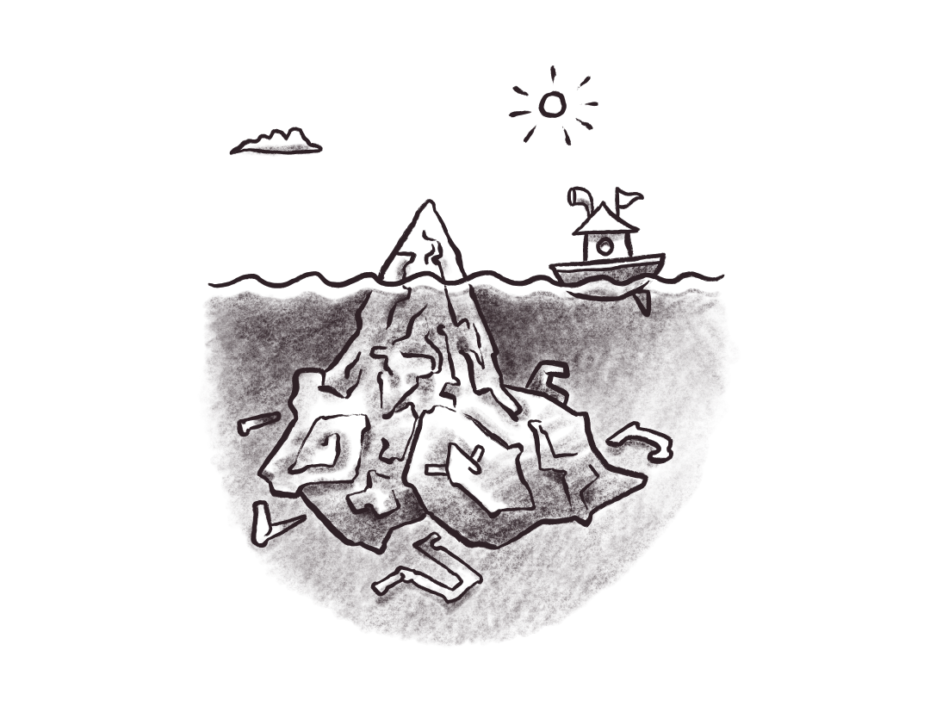Alcohol and other drug use

Situational distress factors
Situational distress refers to specific life events and everyday challenges to our survival that can impact our feelings and thoughts of suicide. For example, how we use alcohol and other drugs.
People use alcohol and other drugs for a variety of reasons, including for fun, pleasure, and connection, to reach a different realm or to escape reality altogether.
LGBTQ+ people have varying relationships with alcohol and other drugs. There is a difference, though, between substance use and harmful substance use.
The same way we can recognise that drinking a moderate amount of alcohol is different to drinking alcohol to excess, the same applies to all substances.
Given the different levels of discrimination and stigma we can face, it’s no surprise that some of us may experience substance use to a harmful degree.
However, there are ways you can mitigate risks and stay safe if you are going to use substances.
